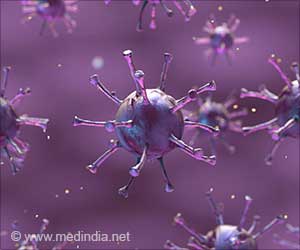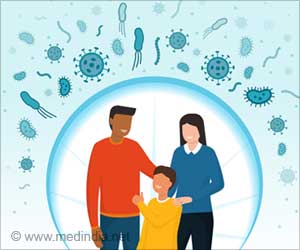The US Centers for Disease Control and Prevention (CDC) has defined the two coronavirus strains first detected in California as variants of concern .

‘The "variant of concern" was defined by the CDC as there is evidence of an increase in transmissibility, increased hospitalisations or deaths, significant reduction in neutralization by antibodies generated during previous infection or vaccination, reduced effectiveness of treatments or vaccines, or diagnostic detection failures.
’





Some Covid-19 treatments may also be less effective against the strains, it added. The CDC noted the California variants inflict "significant impact on neutralisation by some, but not all, EUA (Emergency Use Authorisation) therapeutics" and has "moderate reduction in neutralisation using convalescent and post-vaccination era", Xinhua news agency reported.
Viruses constantly change through mutation. As expected, multiple variants of SARS-CoV-2 have been documented in the US and globally throughout the Covid-19 pandemic.
Currently there are five coronavirus strains classified by the CDC as "variants of concern".
Besides the two detected in California, the other three are B.1.1.7, which was originally found in Britain; B.1.351 discovered in South Africa; and the P.1 strain detected in Brazil.
Advertisement
The vast majority of these cases, 4,686, were caused by B.1.1.7.
Viral mutations and variants in the US are routinely monitored through sequence-based surveillance, laboratory studies, and epidemiological investigations, according to the CDC.
Public health officials said protective measures like mask use, physical distancing, hand hygiene and prompt vaccination can help prevent against Covid-19 infections and emerging strains.
Source-IANS














